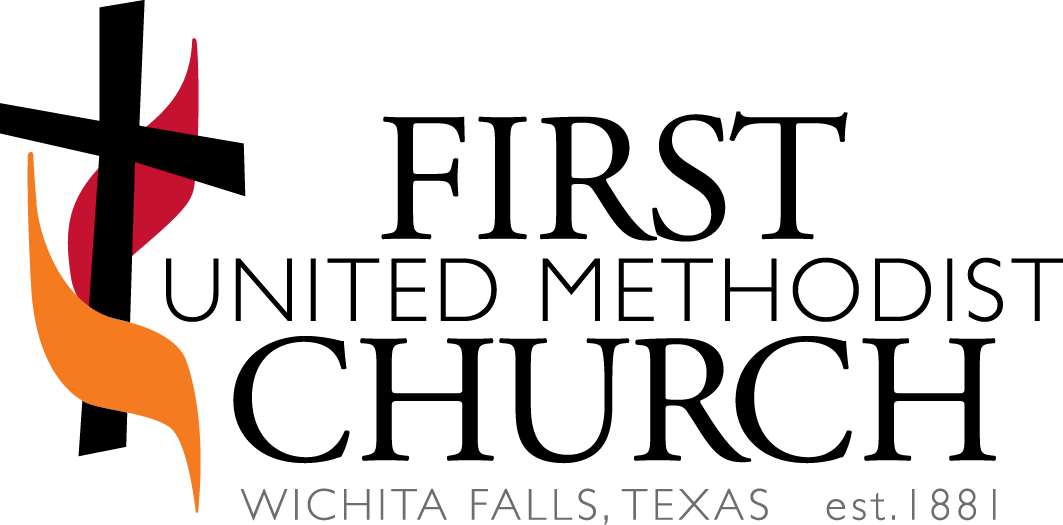THE CURRICULUM of School for Little People is firmly play-based. There is general agreement in the field of Early Childhood Education that play is of great importance and that much of young children’s learning takes place when children direct their own play activities.
We believe school should be a place where learning is a joy. We believe that play is the “work” of children. It is through play that children sort, work through, and come to terms with or form new understandings about their immediate environment, social relationships, and their larger world. The National Association for the Education of Young Children upholds the validity of this philosophy. It is for that reason we have been certified and continue to seek to be certified by this organization and have added their statements of developmentally appropriate practice to our own classroom practices.
We believe that the four areas of growth recognized by Early Childhood educators everywhere — physical, intellectual, emotional, and social — are of equal value and, indeed, are so inextricably linked that they cannot be separated and dealt with individually in lessons or exercises. Rather, they are part of and affected by each and every experience the child has. Growth in one area affects growth in all areas. Delays in development in one area force accommodations in the other areas. Thus, when evaluating children, our staff has been trained to consider the whole child – not just one part. In addition, our curriculum has been designed to educate the whole child, not just focus on intellectual growth. Every classroom environment, learning center, or lesson must allow children to grow in all areas and our staff is able to recognize, facilitate, and guide that growth in a positive direction.
Does all this mean that your child will learn about letters and writing, take the first steps toward reading, learn to count, recognize and manipulate numbers, colors shapes, etc. as you want him to? Yes, most emphatically, but these subjects will be approached in ways that are meaningful to and often suggested by the child. We do not use worksheets or parroted memorized lessons. We believe children are capable of much more than a few memorized phonics lesson or counting exercises. We believe a child can do great things! They can count to 50 and understand what 50 of something is and how it is different from 10 of something. We believe children can assign meaning to the printed word, that they can truly understand how letters can form words and words can be used to expand language and communication. To do this, though, they must be allowed to experiment, manipulate, and discover without a totally teacher-directed, “my way or the highway”, approach. We believe concrete ideas have more meaning for children; therefore, we begin with the concrete, a child’s name or a friends name for instance, and work toward the abstract, i.e. the letters that make up that name. In this way children are interested and captivated by the process of writing, counting, or reading and a desirable product can develop naturally, much like the process of learning to speak or walk.
For more information, contact 940-766-0575.
